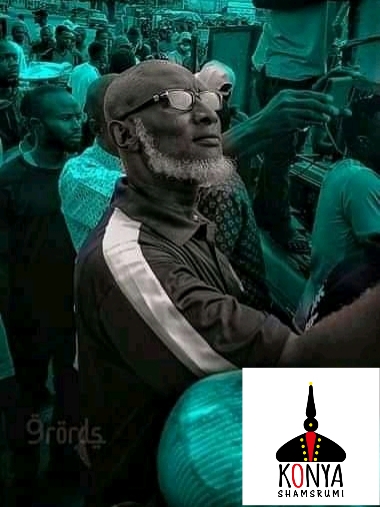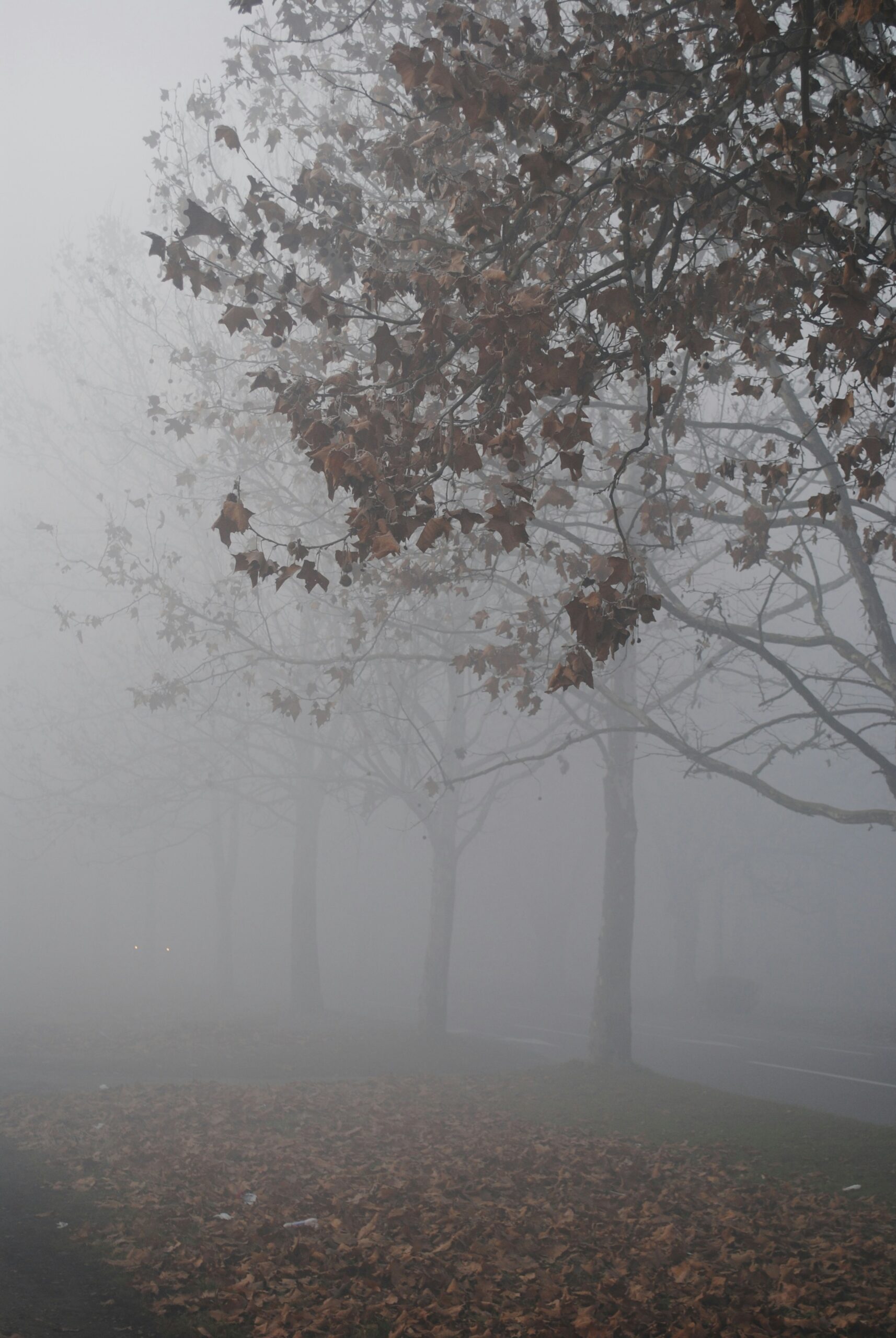Like the regenerative artist of the FOURTH ORDER that he is, B.M. Dzukogi has defined the drab socio-political realities of Nigeria in his all encompassing collection of poetry. Ever since Chinua Achebe has ascertained with some sort of prescription that “It is clear to me that an African creative writer who tries to avoid the big social and political issues of contemporary Africa will end up being completely irrelevant,” a poet, thus, ought to be imbued with social commitment and this is what experience, acquired from socio-political happening comes to matter to the poet B.M. Dzukogi. A poet does not write out of nothingness. If he does, his lines will be lame and will evaporate out of his reader’s consciousness in no time like foul air (Nduka, 1989).
These Last Tears is a genuine evidence that in the Nigerian creative writing cosmos today, poetry and poets have ascertained the relevance of their role in the society’s regeneration. In matured use of language, B.M. Dzukogi proves and stands as the masses’ poet in a society ravaged by thoughtless leaders. He has shown his commitment to the prevailing political, social and economic issues of his society. It is a duty which Okpewho considers one of the most useful a poet can perform (1985:20).

In “How Shall I Know”, the poet, also a custodian of history, remembers the past and informs of the season wherein politicians beat their drums—the season of election:
“How shall I know? /Whether those beasts /Of yesteryears /Who now are regarded mentors /At the square /Have not come to scuttle the dance /With their blistered feet…” (p. 25)
The poet of today is not afraid. He is bold in his confrontation of truth and reality. It is evident here that Dzukogi strongly condemns evil of any form and values what is good and right when it comes to governance. He is not sentimental in his approach. In the last stanza of “How Shall I Know”, he demands to know if the politicians will become responsible for the people’s wellbeing and not come back as “beast of yesteryears” who will “scuttle the dance” of the people, “Or like the shepherd /Would they minister to their flocks /Whose grace gave them the regalia (p. 25)
In “Odorous gods”, the poet shows his concern for the people. He shows his dissatisfaction with the nonchalant attitude of the political class in Nigeria. No country will develop when her people are hungry; her youth sunk in frustration and despair, “These odorous gods /These vicious gods /Are not saviours /But impotent villains /Who worsen our despair … (27)

According to Patel in Manyanka (2000:20):
“Throughout the course of history, there has been an intense black struggle, resistance, protest, defiance, national consciousness and recently the escalation of the revolutionary thrust. It is against this background that the black poets are writing. The black poets share common experiences with the people …”
B.M. Dzukogi in a tone of resistance and protest borne out of national consciousness rallies the people, saying, “Let’s tell them / The season of sheepish / Devotion is past …” (Pp. 27-28)
He calls the people to “Hearken to this saga …/For we are under siege” and that “Those effigies must/ Be replaced by MEN!”
In the poem “Rebirth”, the Minna poet calls for a new beginning for the people and the country. He proclaims, “I see renewal / And veneration of my embattled land.” (p. 30)
And, also, “I cease to be the black-widow / Whose antics seek / To harm her mate …”
These lines are in reference to social state of Nigeria. The country has been disunited using tribal identity giving rise to unprecedented account of nepotism in black history.
However bleak the future may seem, the past political history of the country will no longer define him—that he has awaken and;
“I am not scared!” (p. 31)
In “These Last Tears”, B.M. Dzukogi has made evident the importance of poetry in the African society. This collection of poetry has shown that art is a wagon of hope and change. It agitates and calls people to wakefulness. That is why Dzukogi boldly says in the title poem “These Last Tears” that, “On shedding these last tears /I have emboldened the veins /To tell the ghouls /Haunting me in the courtyard /That I am a MAN!”
Arts is not meant for only its beauty but its ability to reform, rescue and function as an ark of regeneration for degenerated societies and people. The Nigerian poetry has proven this claim. Thus, the Nigerian poet has, in exhibiting his love for his society and people, become a wagon loaded with glad tidings of change and regeneration.
This collection of poetry, published in 1997, is a proof that poetry does not age in its care for humanity and national consciousness. It is sufficient as reference to the current state of Nigeria’s political condition.

SAI Sabouke is a poet and dervish living in New Bussa, Nigeria. His writing explores sufism, history, language and demystification of love and desire.
- CALL FOR SUBMISSION: Dear Yusef: Essays, Letters, and Poems For and About One Mr. Komunyakaa - May 25, 2022
- #SubmitNow: Awaiting Revolution Poetry/Essay Anthology - May 21, 2022
- The Straight Path | Adamu Yahuza Abdullah - May 20, 2022












Leave a Reply